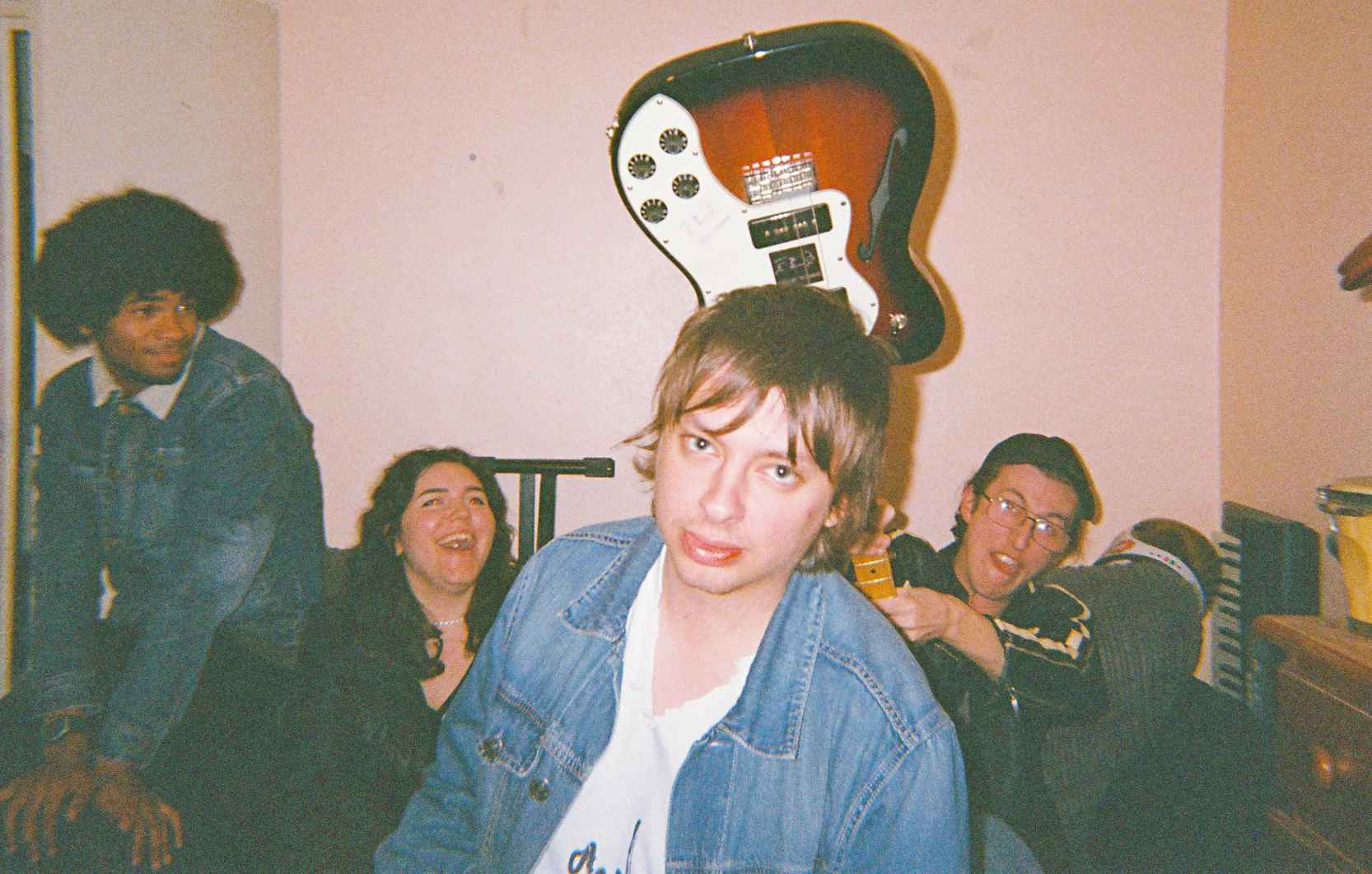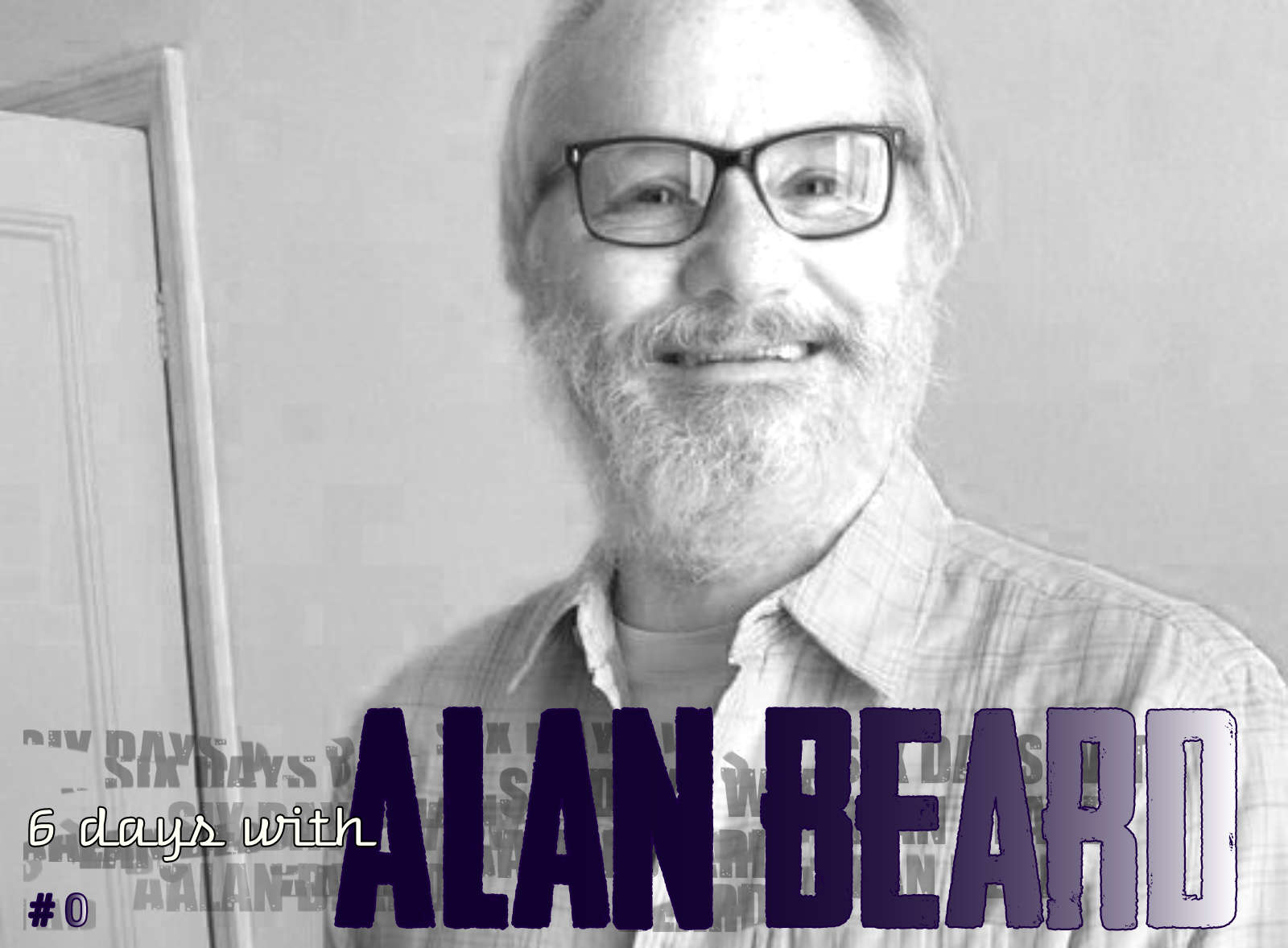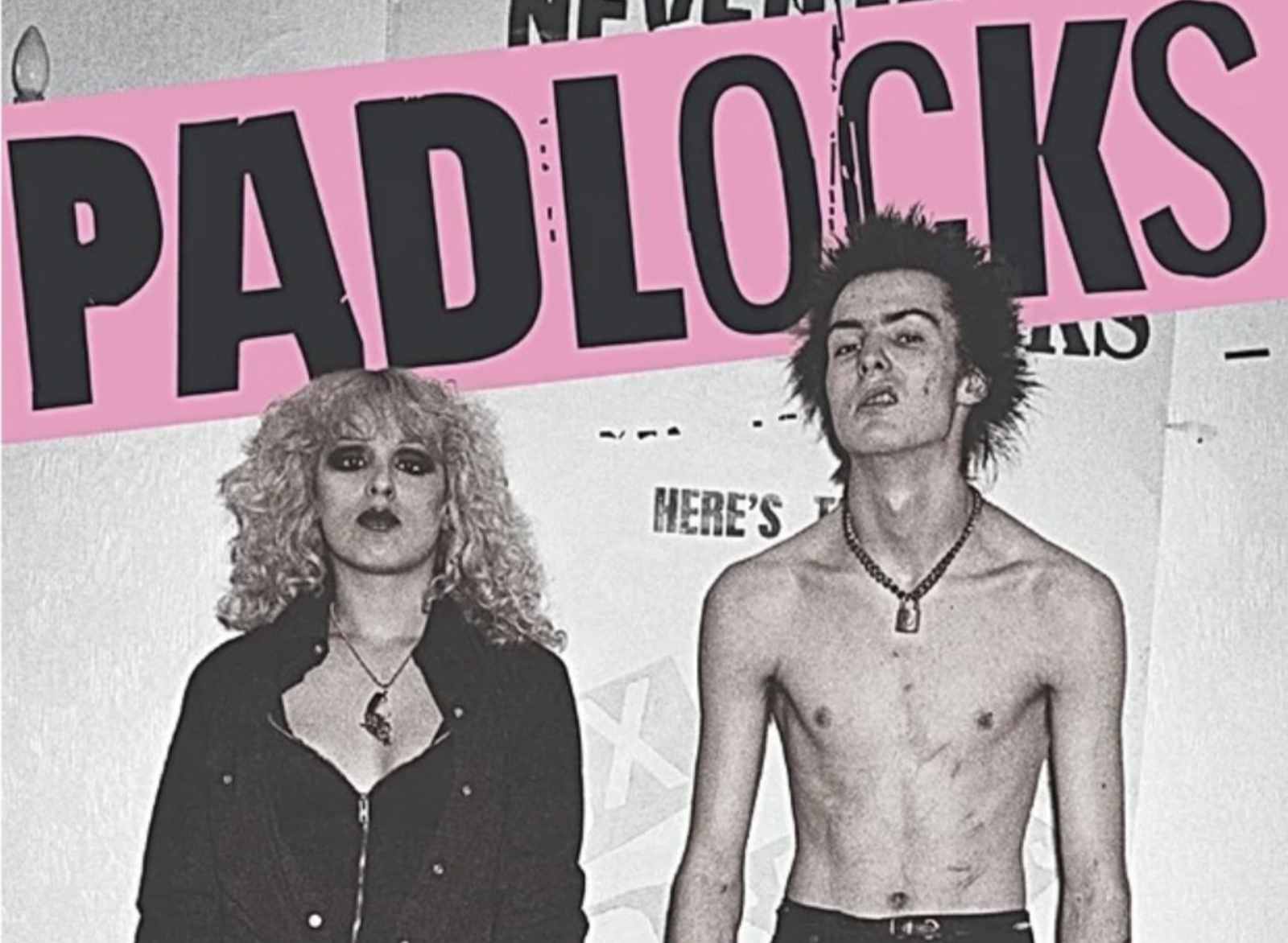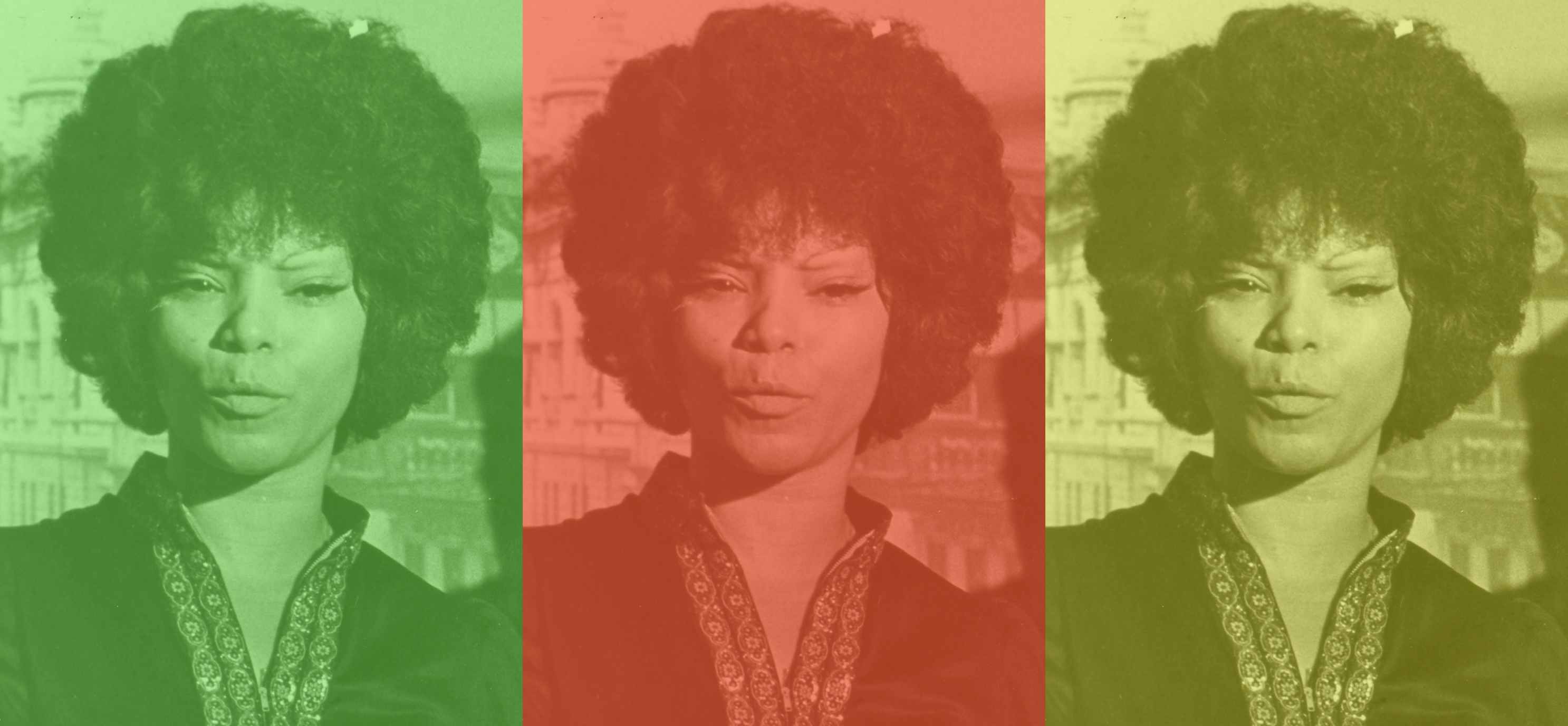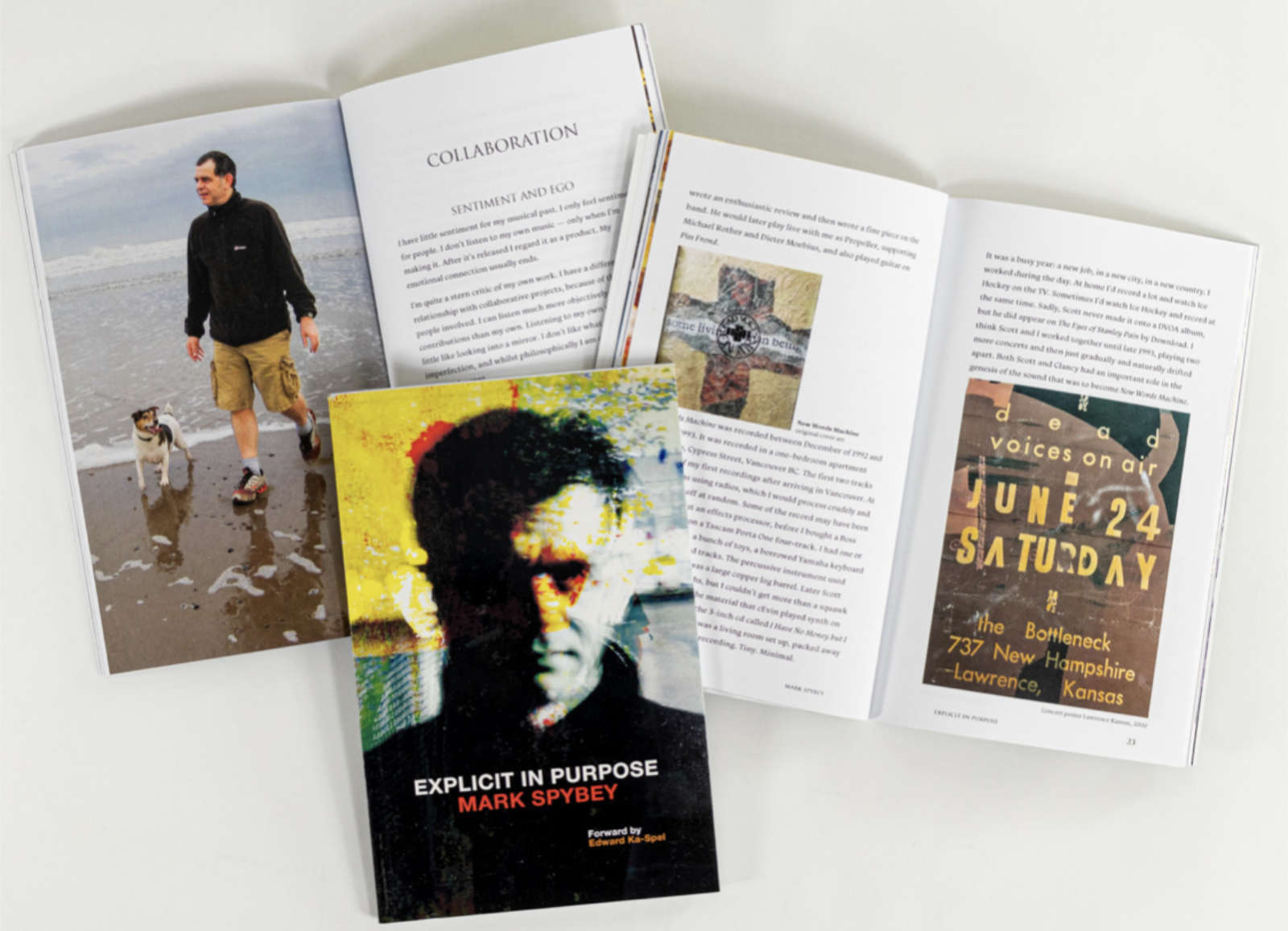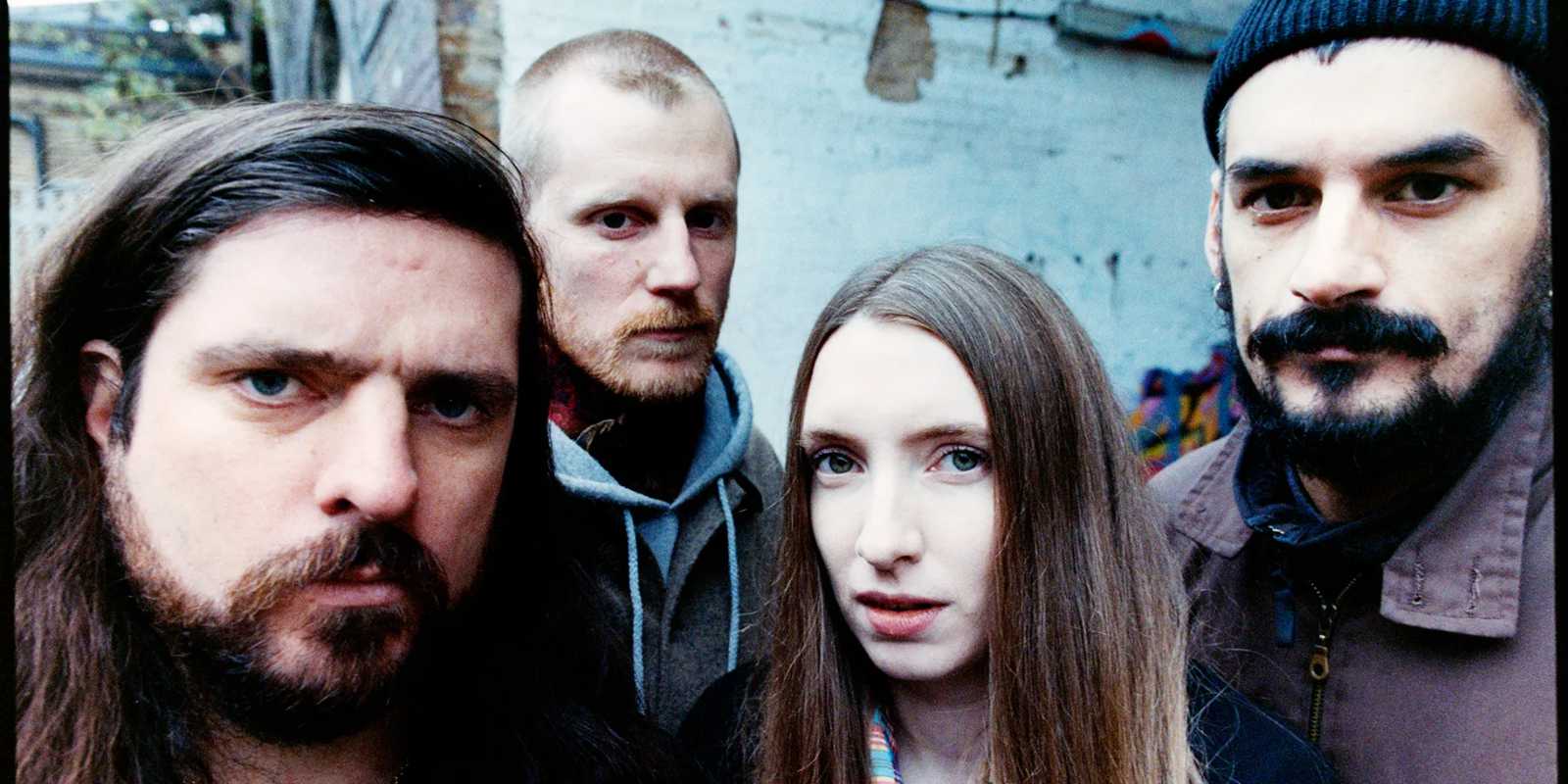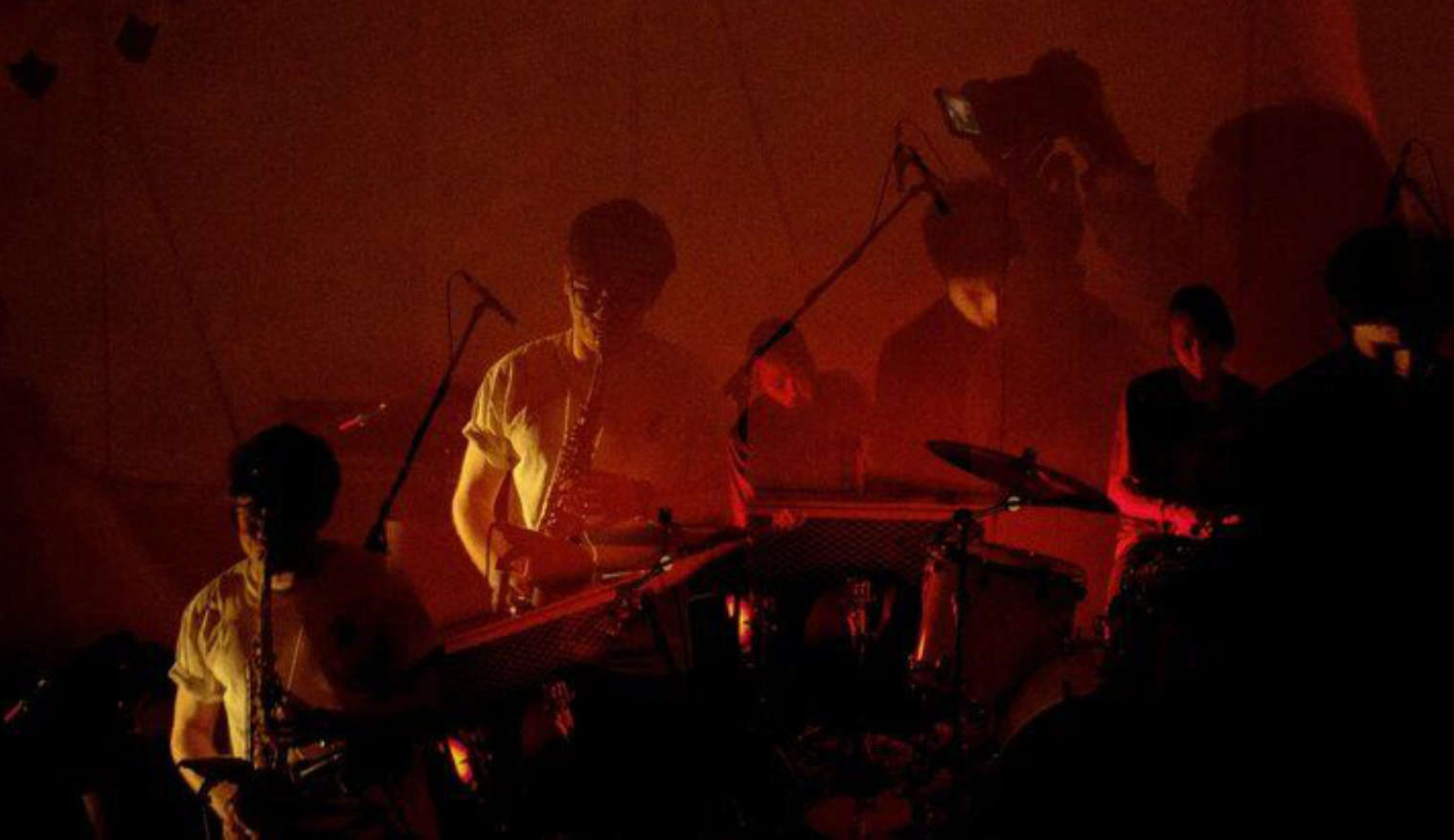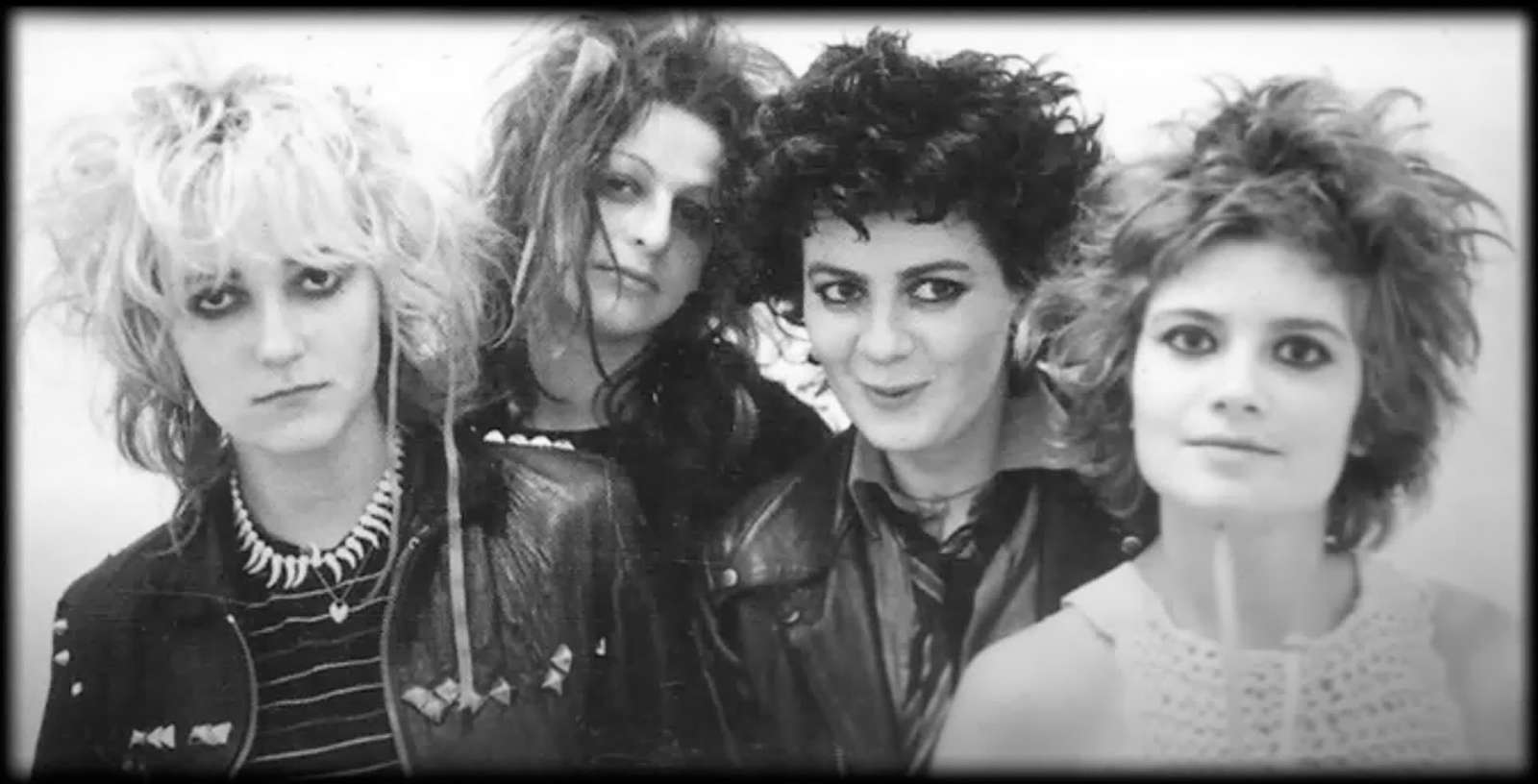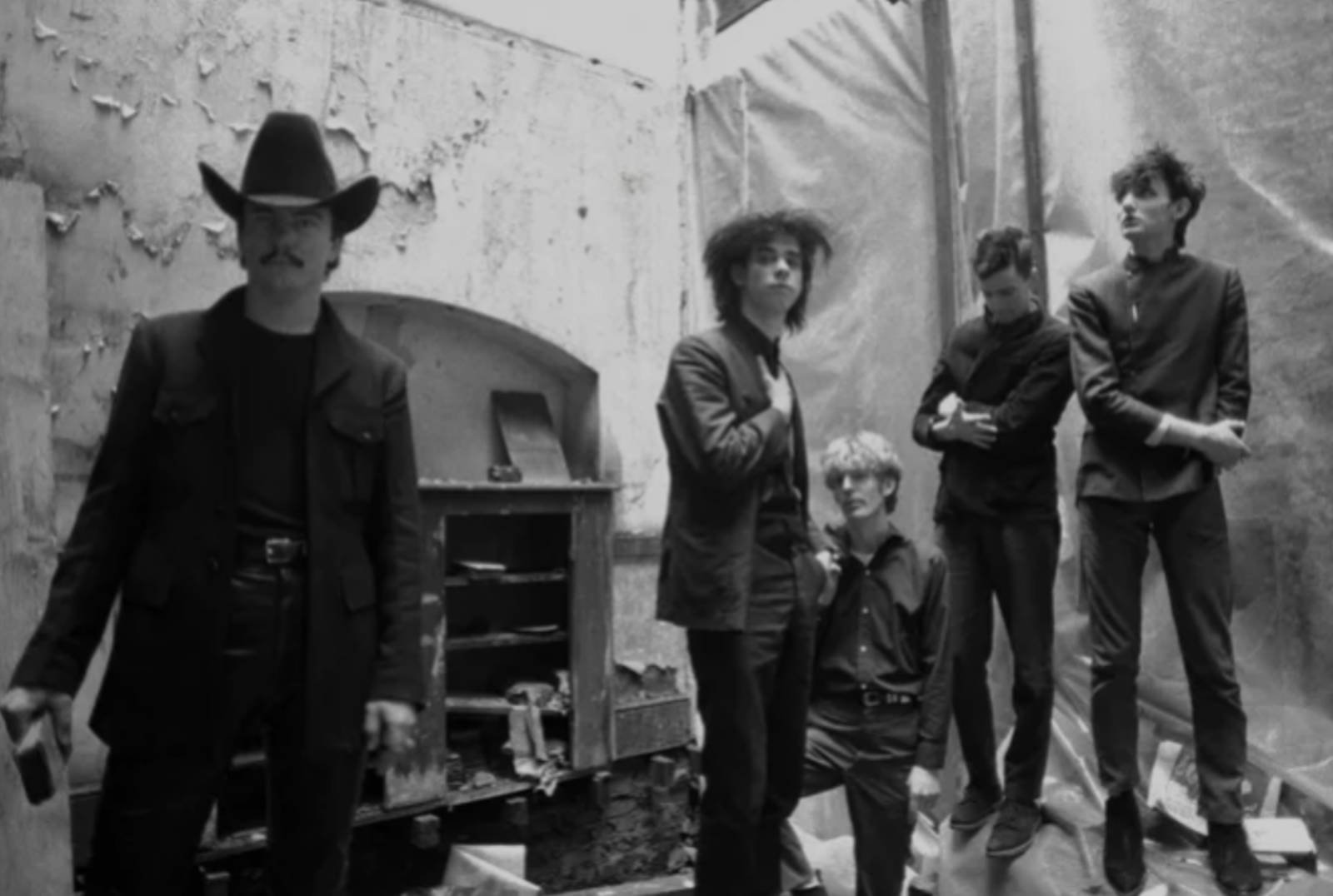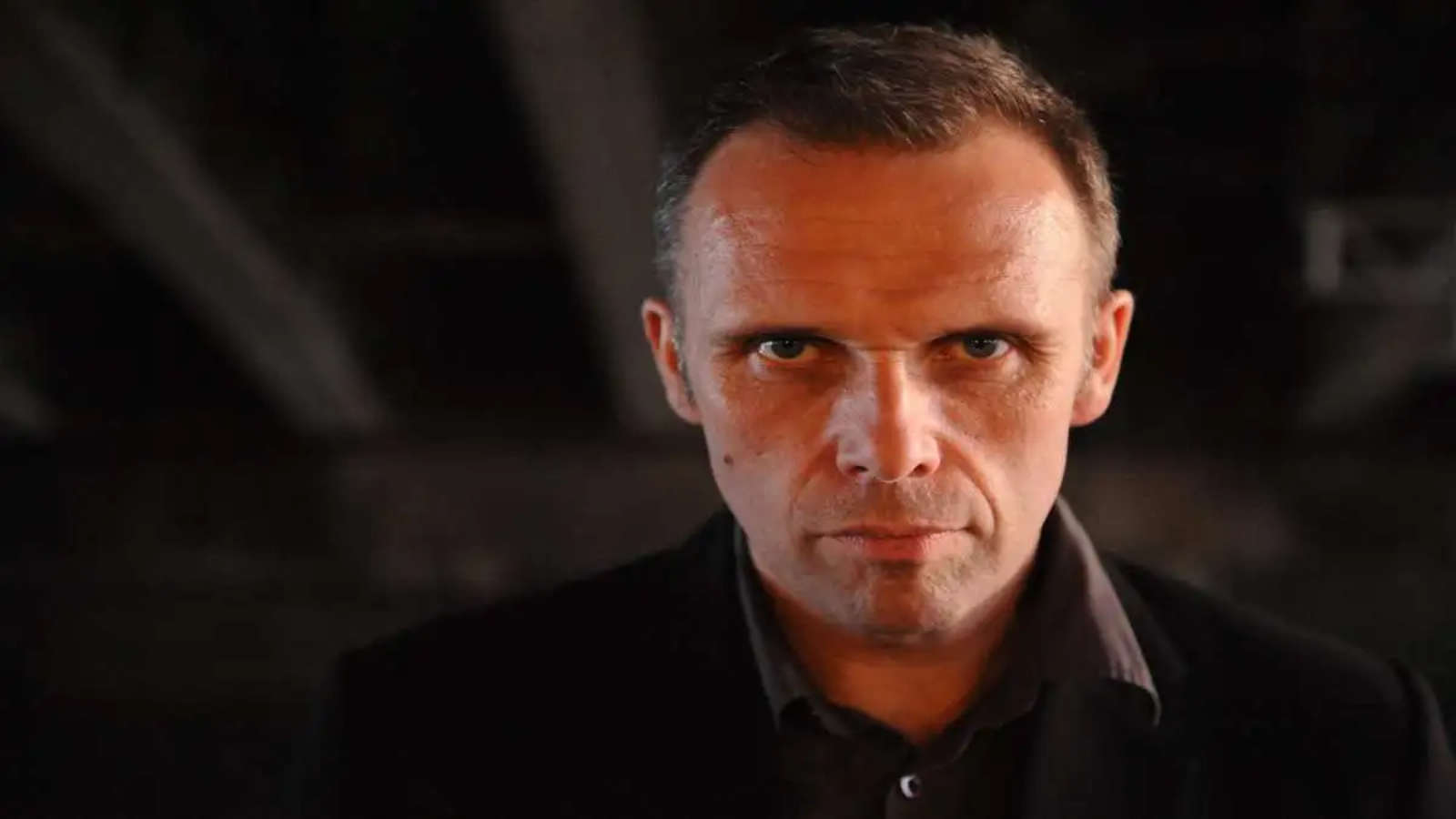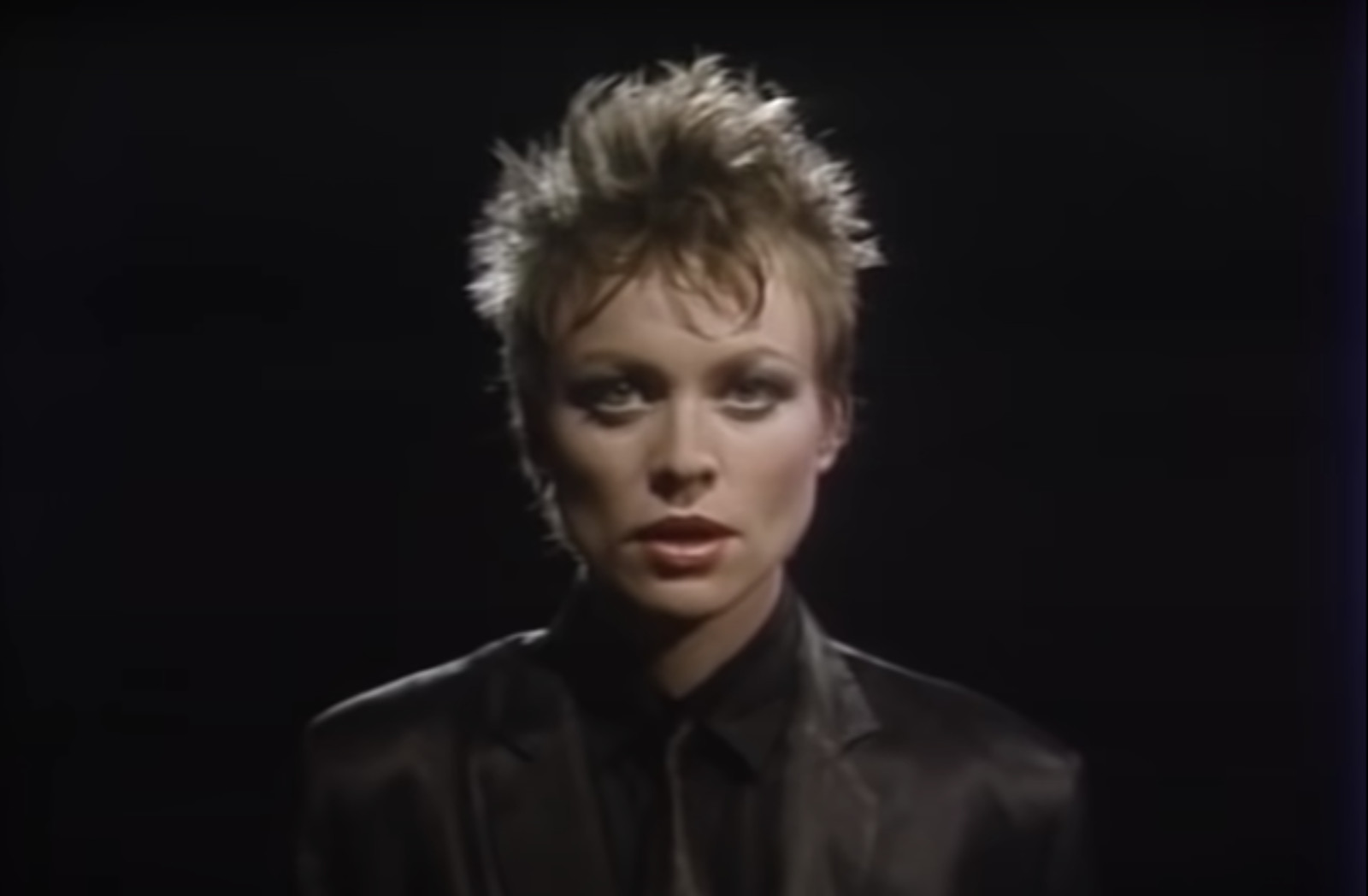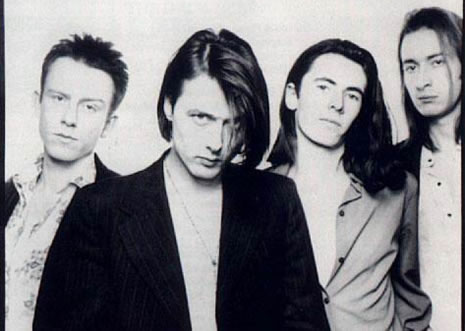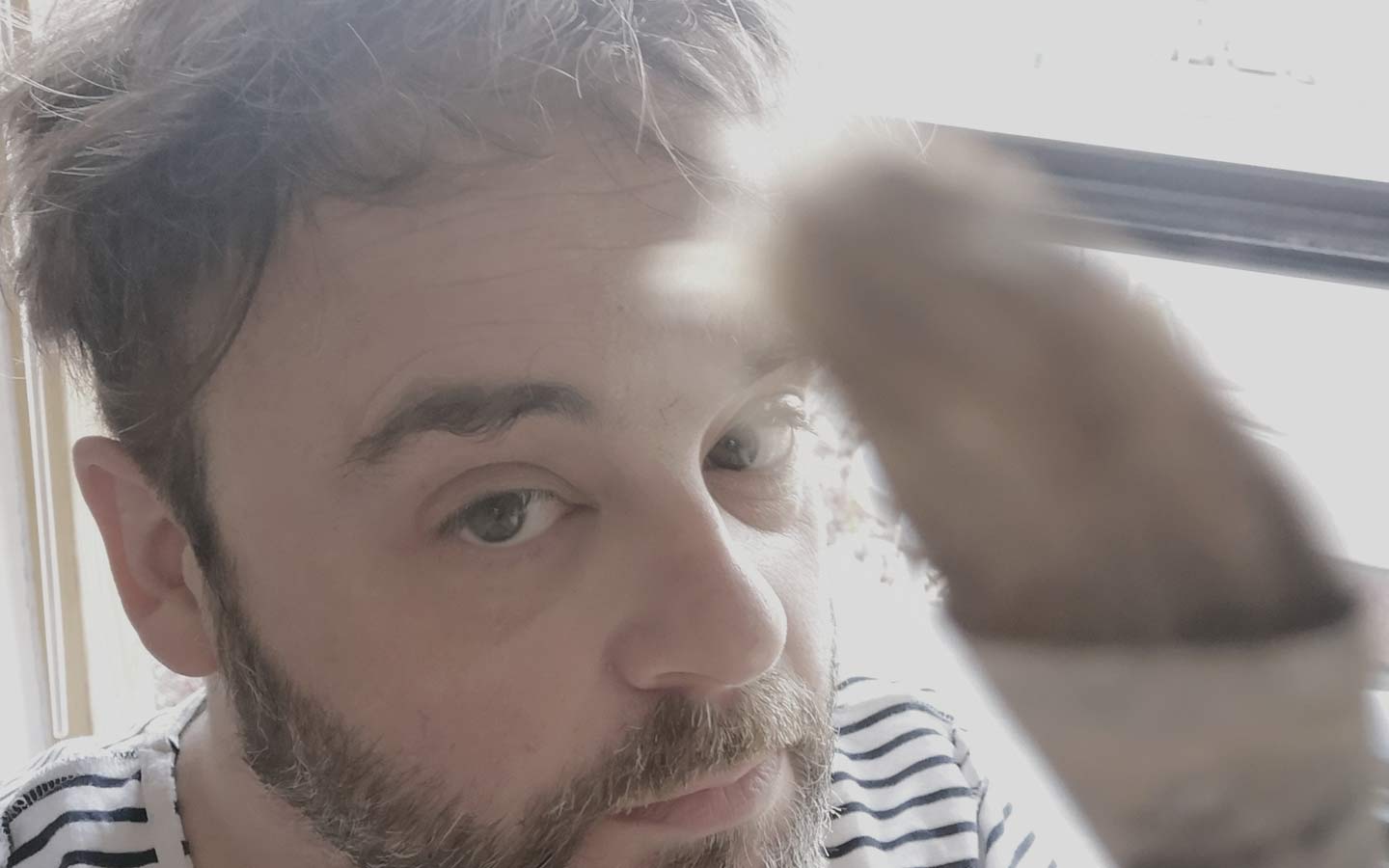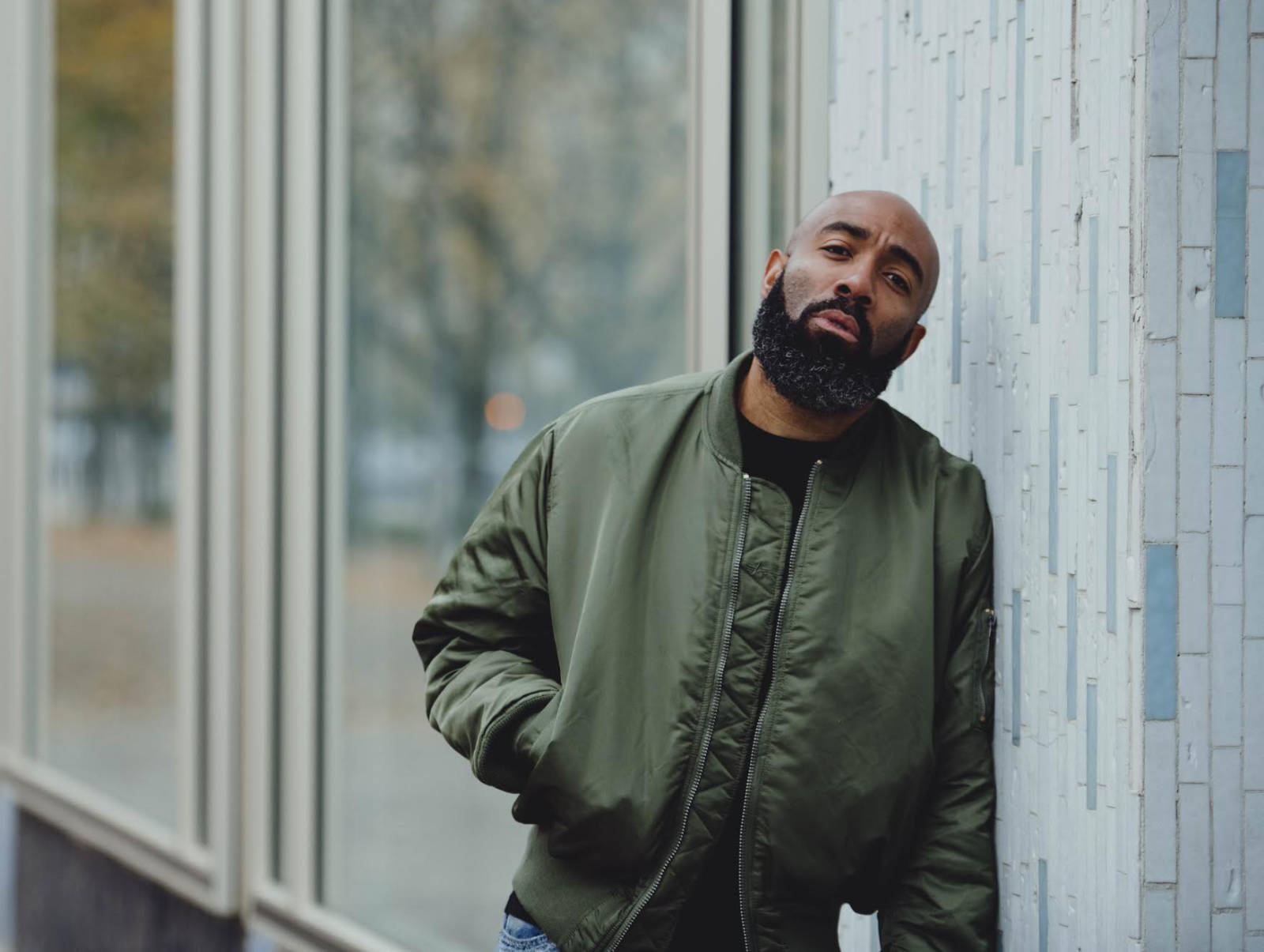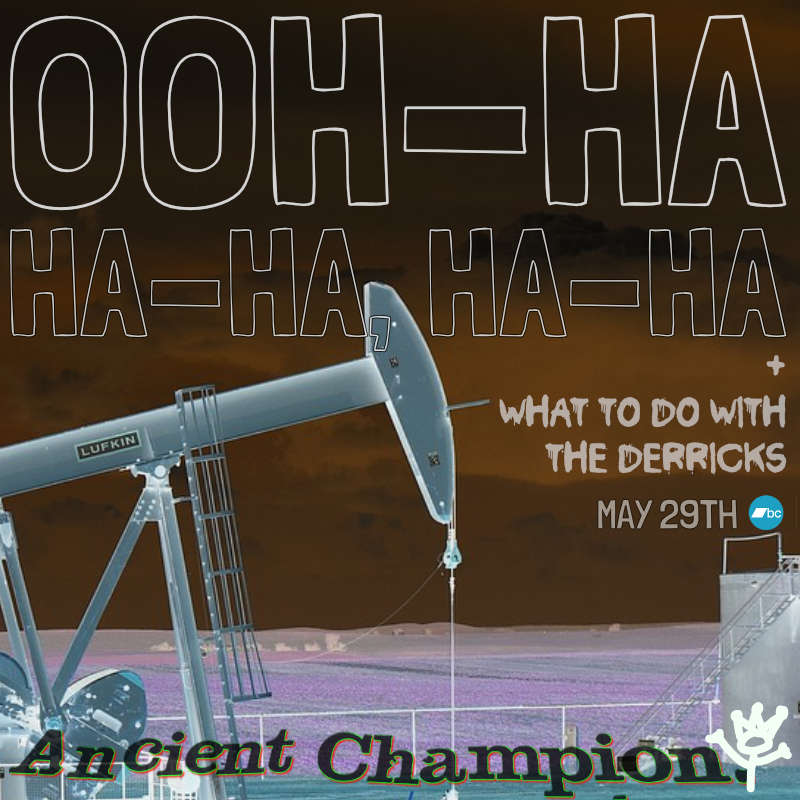Mention AI in any circle and you will spark a fierce debate that ends inevitably with The Terminator or The Matrix and the enslavement or destruction of humanity. We are already well aware that AI can impact on all walks of life, and is THE hot topic of the moment, but musicians, artists, writers, poets, photographers and other creatives are feeling especially threatened as it has real potential to render them redundant and remove their livelihoods, or at the very least, limit their ability to release and create original art, culture and music. However, maybe our natural Luddite tendency has got the better of us, and we shouldn’t be too quick to raise a mob and advance on AI brandishing pitchforks and flaming torches to burn it down. AI also has the potential to liberate and release creativity by removing the need to learn a technical skill, such as playing a guitar, or painting, or even being able to string a sentence together. In the same way as punk meant there was no longer a need to have a classical musical education or pots of money, as the Pink Floyd’s and ELPs of the world would have it, to be able to form a band and release music, AI could be a revolutionary and empowering force. There are also parallels with the availability of synths and drum machines in the ‘80s that sparked the Musicians Union to launch a campaign to ‘Keep Music Live’. That failed, as will any attempt to close down AI (that genii is well and truly out of the bottle), and the ‘80s is now looked back on fondly as a golden age of music. The ability of AI to close the technical skills gap is one of the aspects to AI explored by slightly cheesy and implausibly good looking Youtuber Cleo Abram in her recent feature on AI music where she quizzes the CEO of revenue stealing streaming giant Spotify and pop star Grimes (who recently released an AI app that can turn your voice into hers, if you are so minded). Predictably they both came down on the positive side of the argument, though Grimes did draw the line at having AI write her music and lyrics for her.
Not so for prolific UK solo artist Stephen ’Dill’ Davies aka Daffodill, who has embraced using a composition programme called AIVA (one of many out there) to write his music and Chat GPT to come up with his lyrics, effectively relegating him to a session musician in his own band. That has, however, enabled him to achieve his aim of releasing an album a week on Bandcamp, resulting in well over 100 albums to date that are simply numbered, not named. Previously he would have written all those himself, but now he regards AIVA as his lead songwriting partner. With 700 songs generated through this process still yet to be released, he sees no problem with potentially swamping the market, regarding it instead as disrupting the industry model of recording, releasing and promoting an album every year or more. As a vocalist, he equates the freedom from having to bring in a band to play the instruments as being akin to the way punk allowed non musicians to bash out three chords and upset the record business apple cart. The main difference being, of course, that AI companies are owned and run by technicians and IT mega corporations like Microsoft and are very definitely not about letting street urchins like you and I into the boardroom, or are even especially concerned if any creatives can still make a living should AI take away their livelihood.
In a recent interview, Oleg Stavitsky co-founder and CEO New Age/Wellness AI music platform Endel – you will find their soundscape ‘One hour of relaxing music to study by’ style albums all over that corner of YouTube/Amazon/Spotify and other platforms – was unconcerned about the impact on musicians resulting from Endel flooding that small market with content, eating up market share and revenue streams and directing income towards Endel and its coders and in house producers. He freely admitted he has no idea how many tracks Endel had generated and released to date. There are, and will be, many other Olegs out there. That challenges the established models of record companies, royalty payments, and artist nurturing. Artists like Dill are not overly concerned about generating income. He is on a mission to release his music to the world as rapidly as possible, not earn a living from it. However, if you do rely on selling your creativity as your livelihood, the picture is very different. AI can absorb multiple influences, and most musical styles are so formulaic that it is comically easy to convincingly ape them, and even create stereotypical fake ‘bands’ to perform on video – a Gorillaz for the 22nd Century. That threatens the established business models of Bandcamp, Spotify and others and may even lead to their downfall as creative platforms that support musicians. The fact that AI cannot, as yet, perform it’s songs convincingly in a live setting may be hailed by many as a lifeline, but effectively traps musicians into an endless cycle of touring as the only way to make ends meet. Until the point AI performers are developed to take that over too, of course.
All of this may feel like I am painting an unremittingly gloomy picture, but technology has always driven artistic development and is AI so different to having, say, a songwriting partnership along the lines of Elton John and Bernie Taupin, or Robbie Williams and Guy Chambers, the only difference being one half of the partnership is AI? Or a writer having an editor, an actor a director, and so on. That’s how AI itself sees it too. We asked AI programme Gemini the question “How do you think AI types like you, Gemini, will help the careers of young writers, or will you obliterate them with homogenized prose?”. It replied (instantaneously, naturally) “While AI is undoubtedly impacting writing fields, it's unlikely to completely obliterate them with homogenized prose, for several reasons. While AI can generate text, it currently lacks the creativity, critical thinking, and emotional intelligence needed to create truly engaging and impactful writing. It often struggles with understanding subtle nuances, humour, and cultural references that humans take for granted. Rather than replacing writers, AI is likely to become a collaborative tool. Writers can use AI to streamline research and fact-checking, freeing up writers' time for more creative endeavours. AI can help overcome writer's block by suggesting potential topics, plot points, and outlines. AI can proofread and identify grammatical mistakes, typos, and factual inconsistencies, allowing writers to polish their work.” Gemini urges us to “Embrace the change. View AI as a tool that can enhance your writing process, not replace you”. That it can make such a reasoned argument is one thing, that it is part of its programming to make this argument is another. By its own admission, AI lacks creativity, critical thinking, and emotional intelligence, so basically, underneath all this reason, it doesn’t really care what you think about it!
One other area we haven’t explored yet, but should, is the ability of AI to censor. That is presented to us as a sensible precaution to prevent fake news/AI imposters, sexually and violently extreme content and hate images from making it online. No one would argue with that, but the same tools can also be used to censor views and limit free speech. China is already doing this, and I am sure Western governments are not far behind, keen as they are to suppress protest marches and the like. That’s worrying.
Nice though it would be to round this off with a neat summary and come down on one side of the argument or another, this topic is simply too complex, too nuanced, and too new to do that. I do not know how this will play out, or whether AI is good, bad, or (most likely) both. What I do know though is that the stakes are pretty high, and AI could spark fundamental changes in the way the world works within a short space of time. Getting your head around it now before that happens might well be a good idea.







